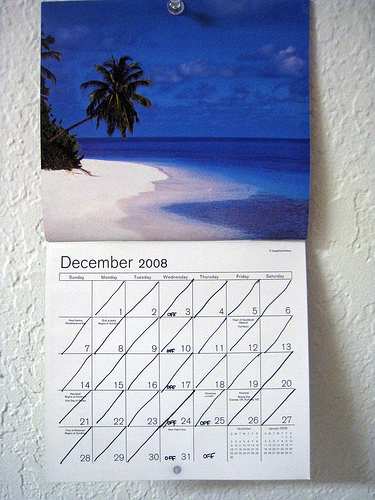This FAQ is about support groups. For information on ending counselling – individual or couples click here.
Support Groups.
The type of ending will depend on the type of support group you are in:-
- Open/Ongoing groups: group members depart when they have no longer a need for what the group offers. It can be helpful to the group and the individual if the individual first discusses their desire to leave the group before they actually do. Subsequently, an ending date can be agreed giving the group and the departing member an opportunity to work through the ending and to say goodbye.
- Closed/Fixed term groups: the group starts with a predefined set of objectives and group members that work for a set number of sessions or goal(s). The intention here is that all group members end at the same time. Sometimes this is not possible and an individual is free to leave the group as they need to. It can be helpful to the group and the individual if the individual first discusses their desire to leave the group before they actually do.



